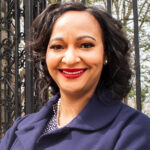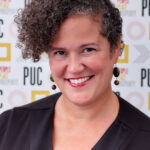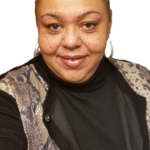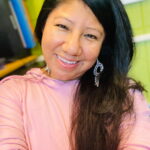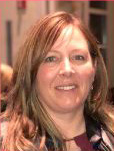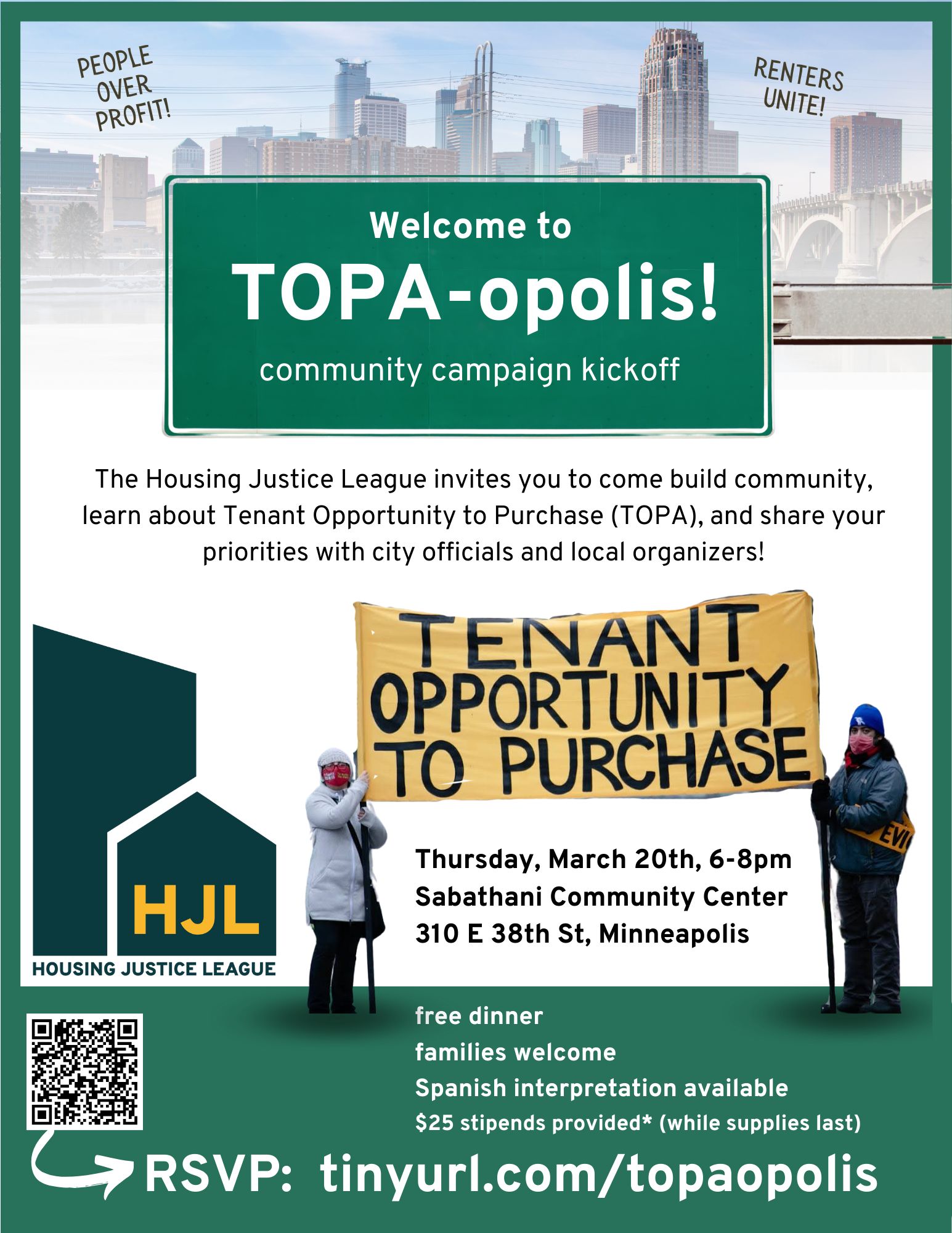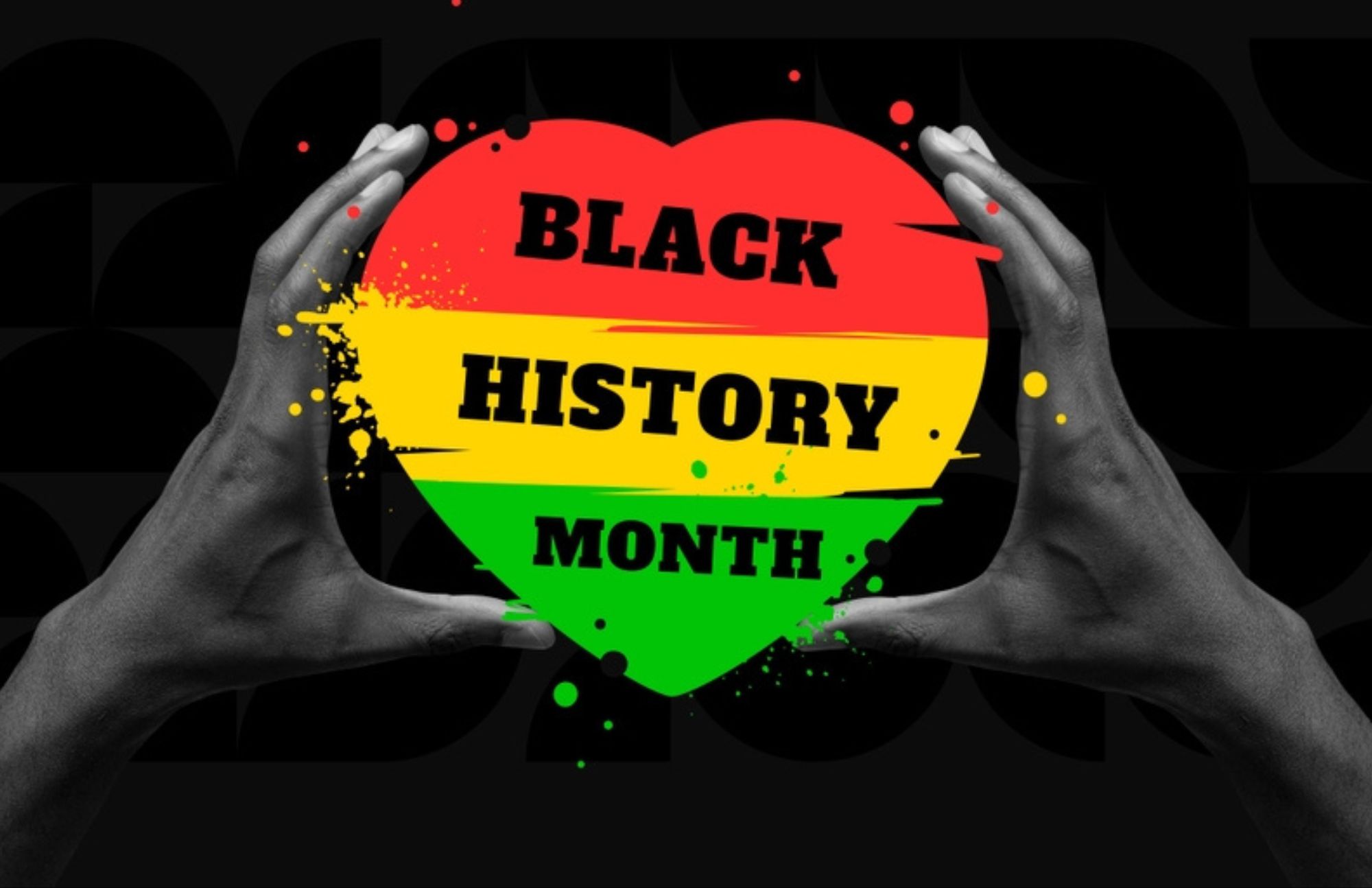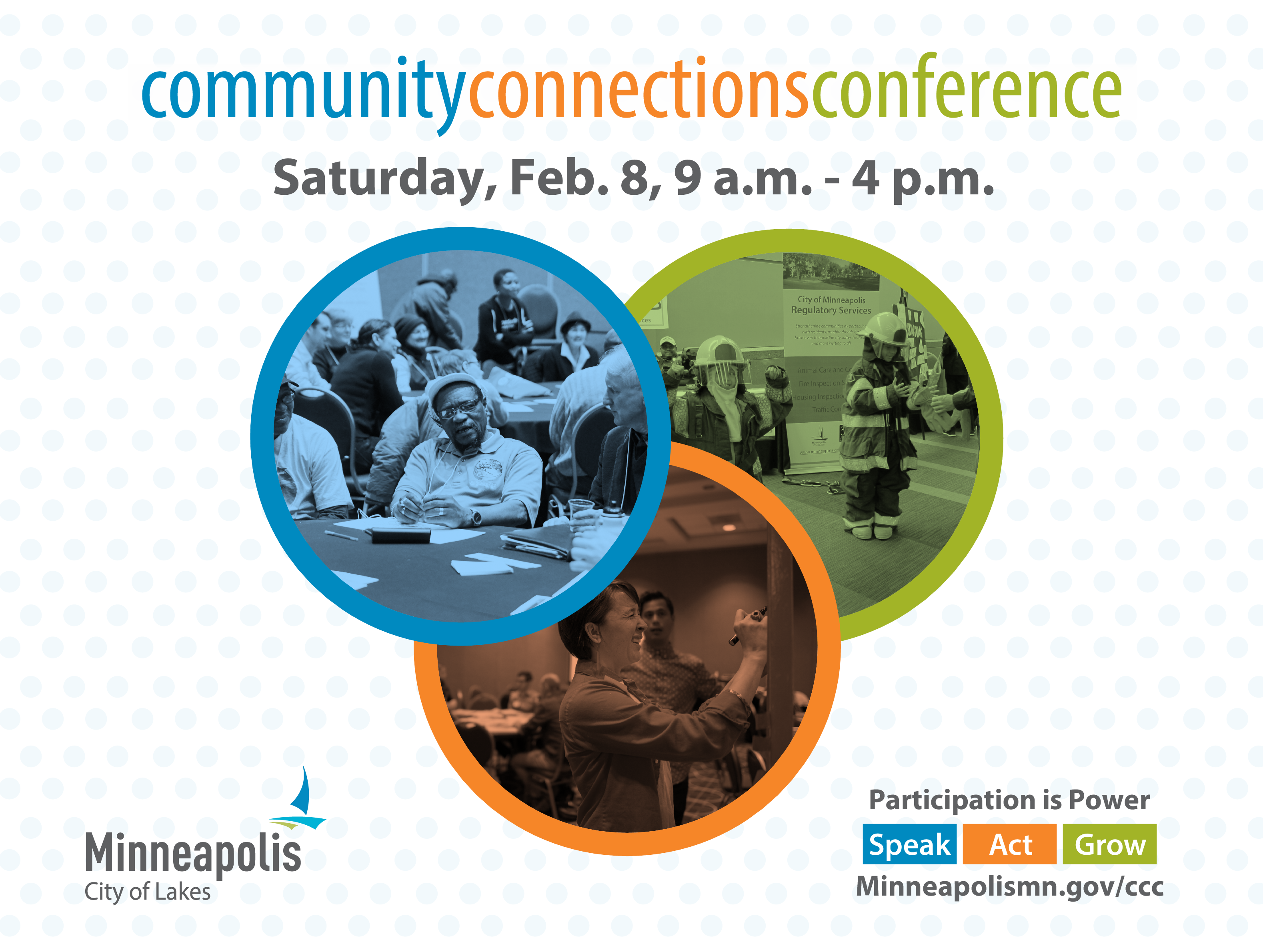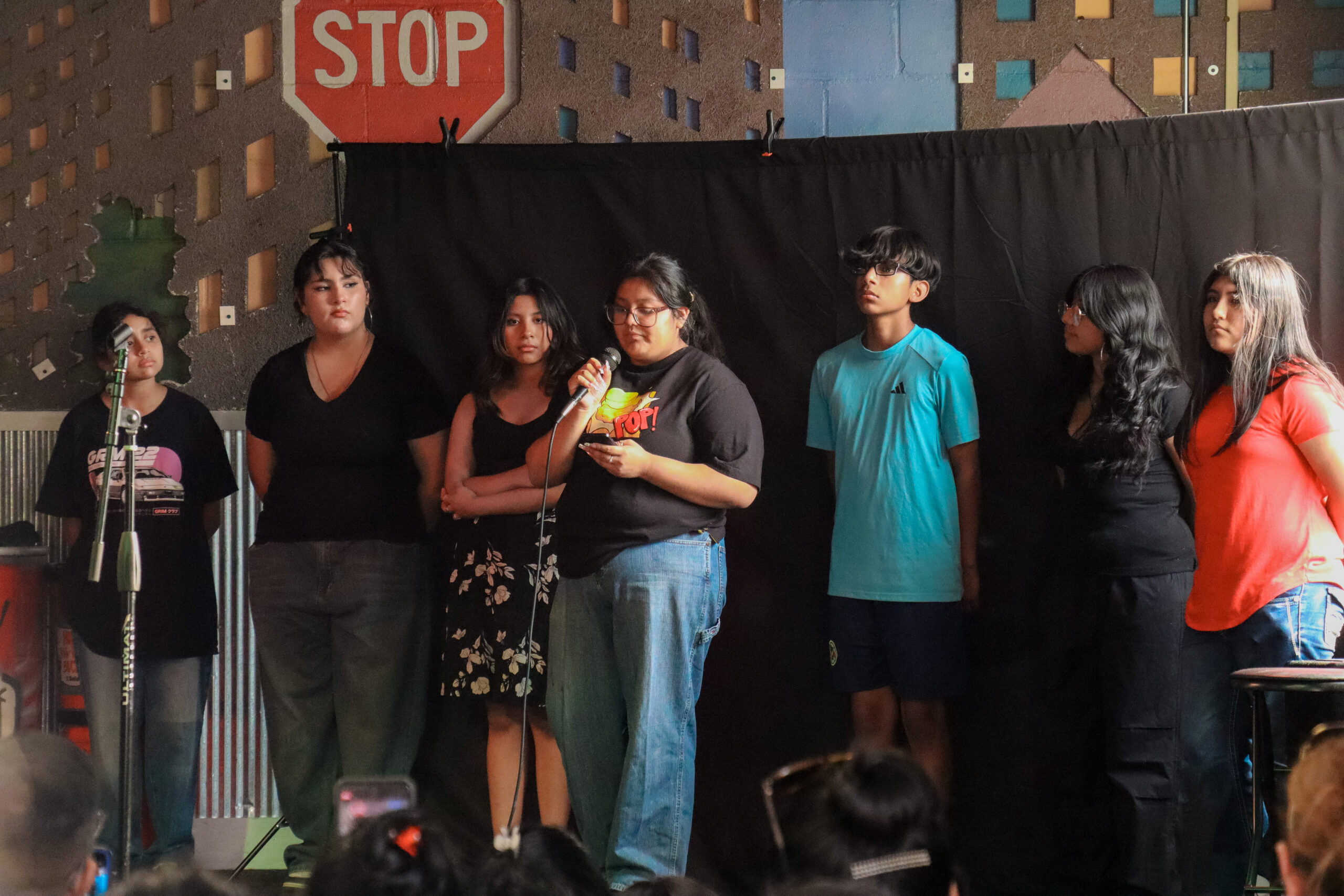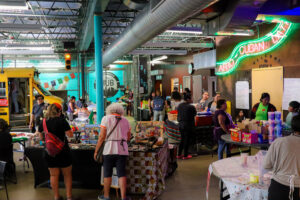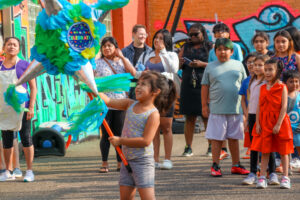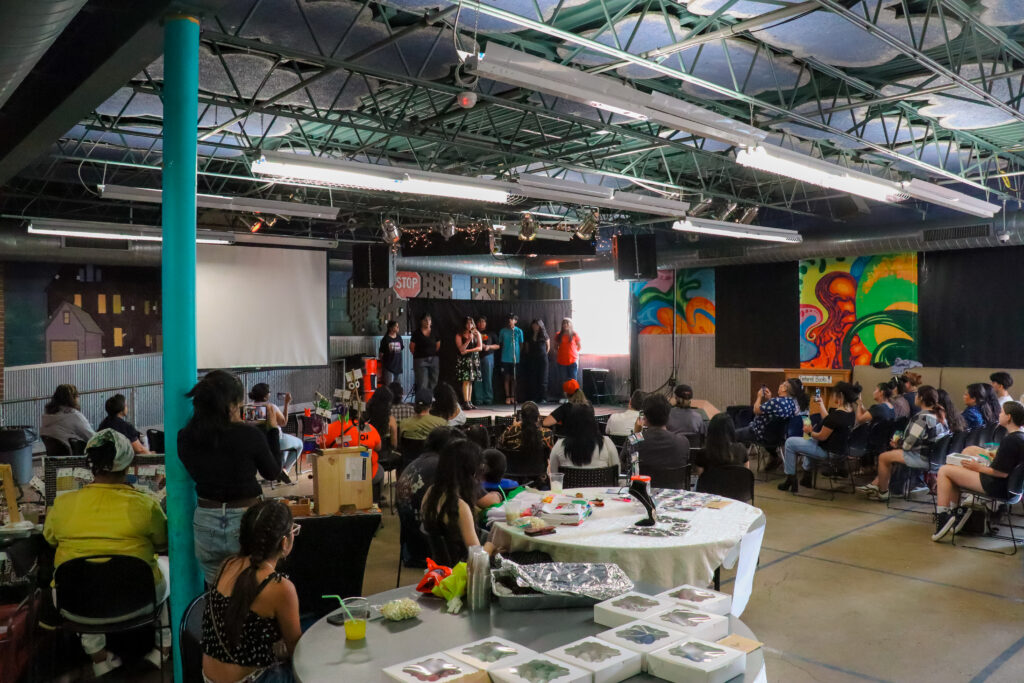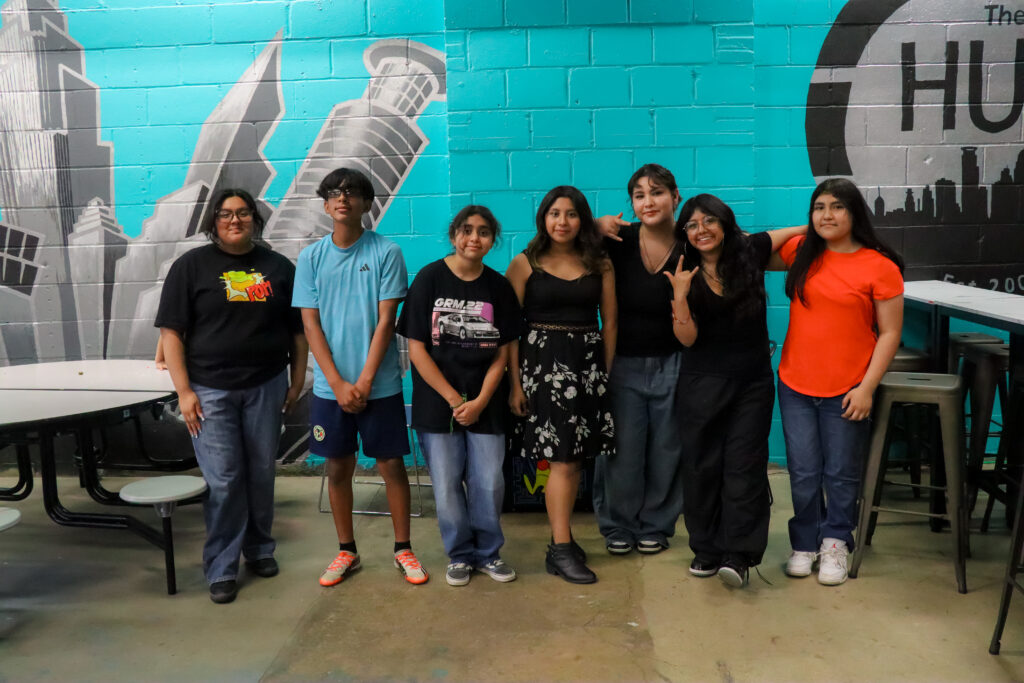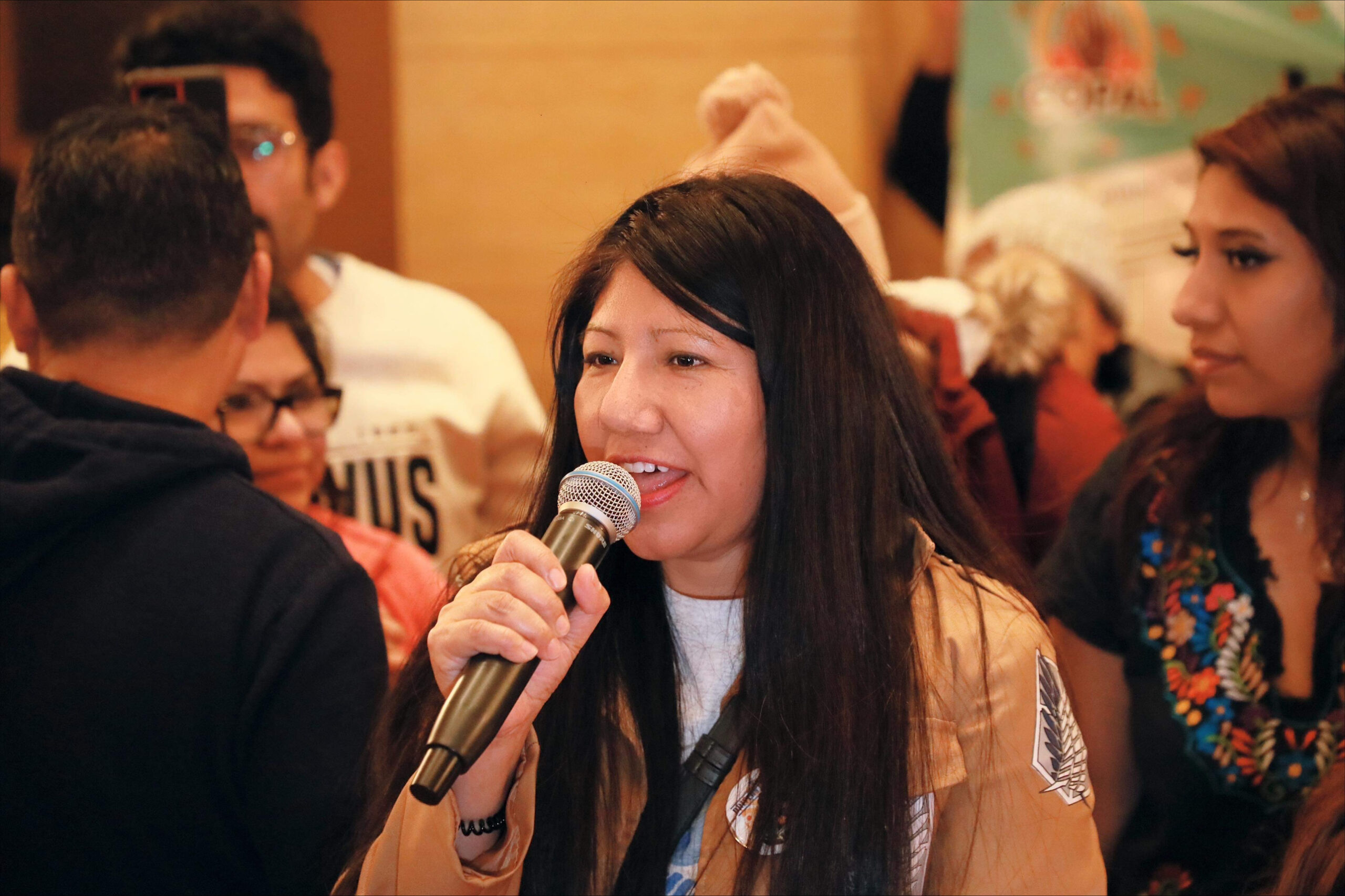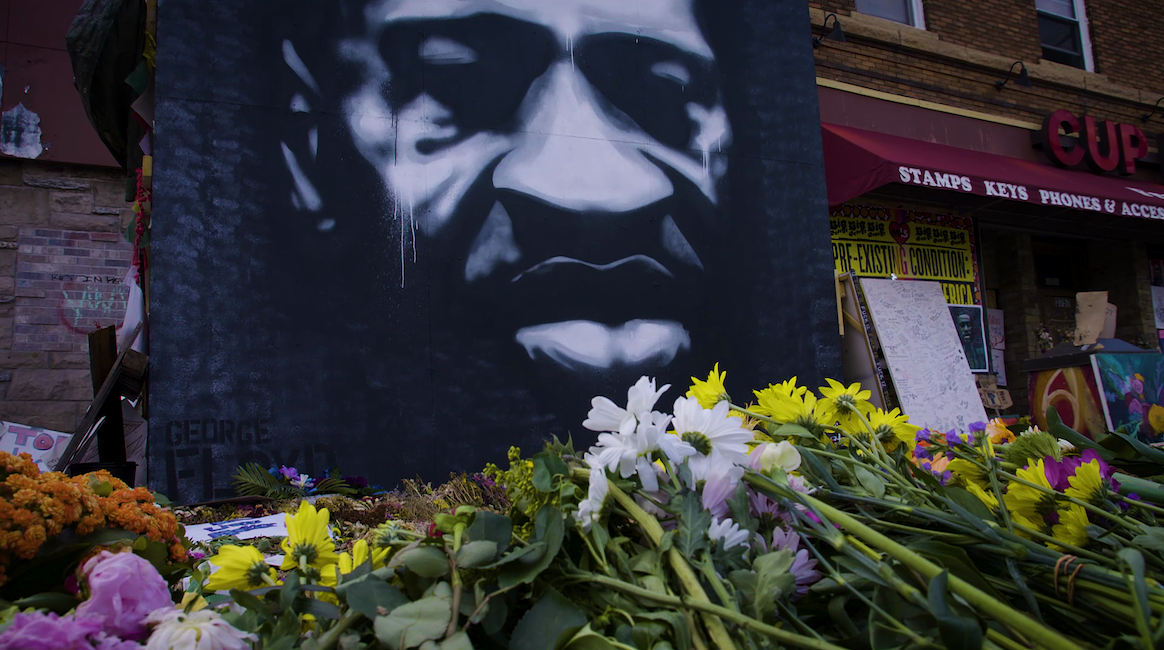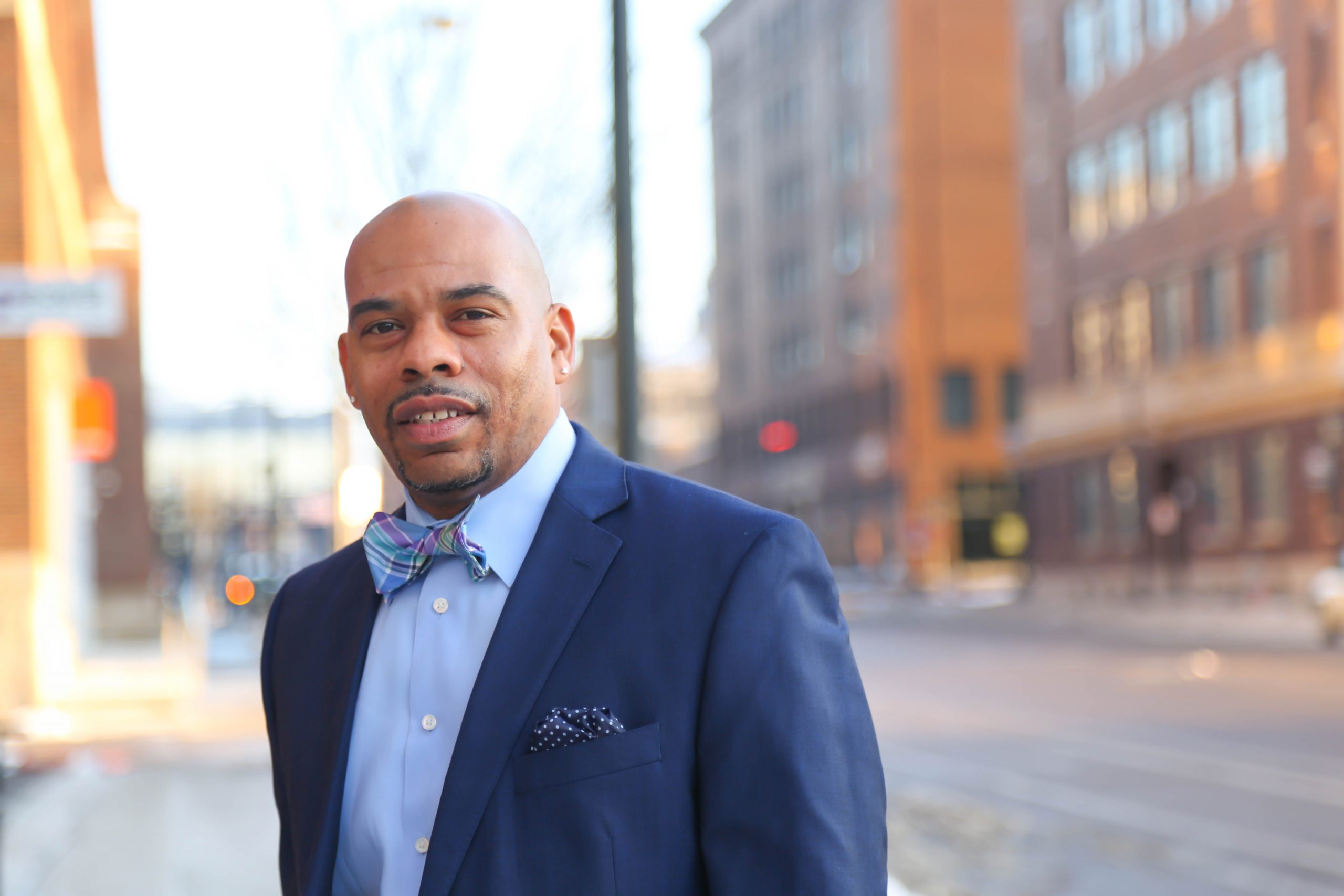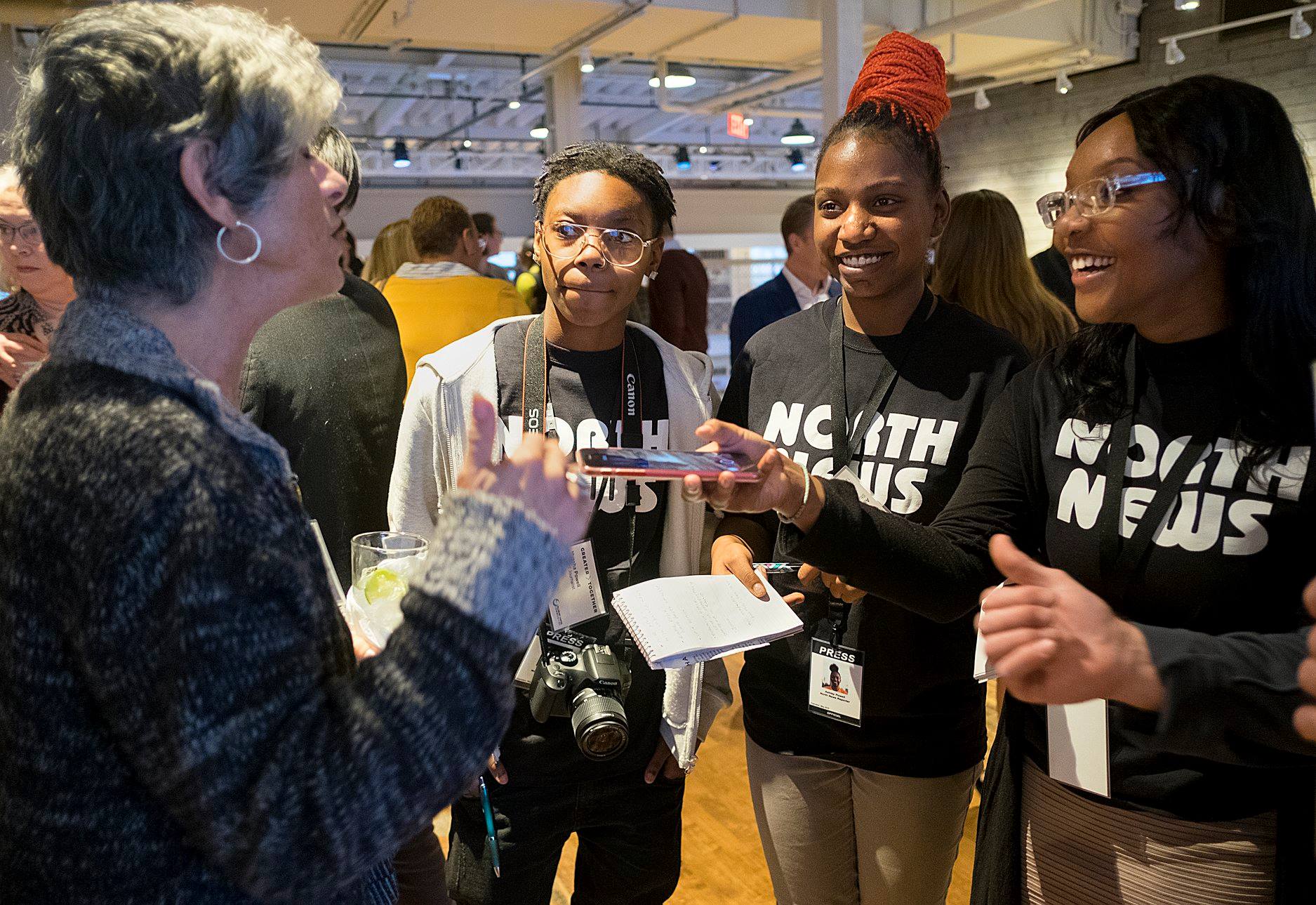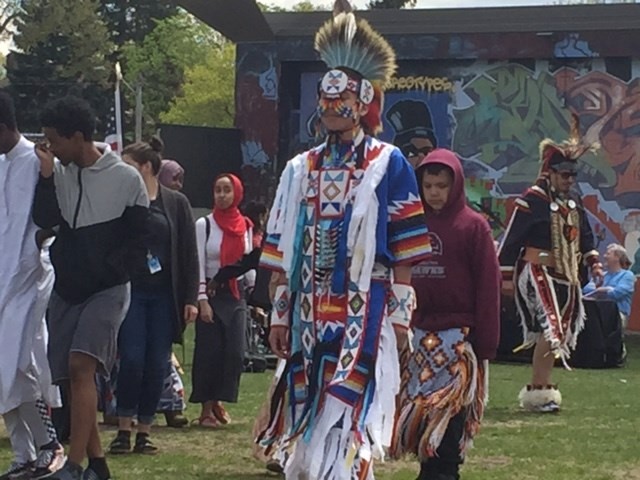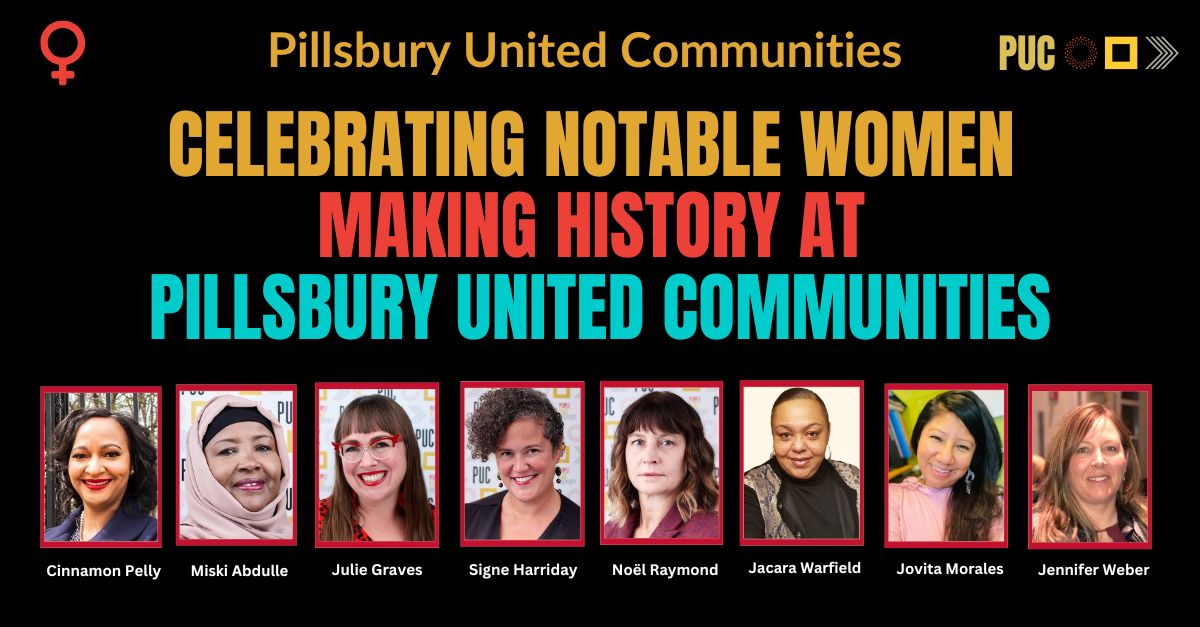
Cinnamon Pelly, president and CEO of Pillsbury United Communities, brings over 25 years of experience across the corporate and nonprofit sectors. She has expertise in banking, operations, media relations, education, health, and philanthropy and has led initiatives focused on alleviating poverty, driving economic growth, and enhancing education, wellness, and the arts.
As COO of the Urban League of Greater Southwestern Ohio, she successfully navigated the COVID-19 pandemic, growing the organization’s budget from $4.9M to $13M, tripling staff, and expanding community reach from 18,000 to 40,000 members.
Beyond her executive roles, Pelly has contributed to various nonprofit boards and government commissions, including the Hamilton County Jobs & Family Services Planning Commission and the Cincinnati Metropolitan Housing Authority. She holds a Master of Science and a Bachelor of Arts, and her research has been published in the Stanford Journal of Civil Rights and Civil Liberties.
As director of Immigrant Services and manager of the Immigrant Women’s Advocacy Program (IWAP), Miski Abdulle engages members of the immigrant communities through adult education, family literacy, employment counseling, and women’s advocacy.
Abdulle works at the intersection of social services and public health, often through an intergenerational lens focusing on the specific needs of community elders.
Abdulle is a licensed social worker and Global Career Development Facilitator.
Her dedicated service to immigrant women and the greater community was brought to center stage with the 2015 Courageous Woman Award, an annual honor presented through the Augsburg College Women’s Resource Center.
Julie Graves started working at Pillsbury United Communities in 2002 at Waite House as the Youth Arts & Academic Coordinator. In her current roles as Director of Youth Impact and Waite House Director, Graves leads agency-wide youth development efforts and propels Waite House’s community-driven values.
She holds a Master of Education in Youth Leadership Development from the University of Minnesota. Also known as the unofficial agency “Settlement House Historian,” Graves completed her graduate fieldwork by researching the Settlement House movement locally and nationally, including spending time at Henry Street Settlement in New York City.
Signe V. Harriday is the Artistic Producing Director at Pillsbury House + Theatre, known for her visionary storytelling. As a director, multidisciplinary artist, activist, and facilitator, she uses theatre to ignite discussions about both individual and collective humanity.
Harriday’s past accomplishments include serving as an Associate Company Member of Pillsbury House Theatre and co-founding the Million Artist Movement, a collective dedicated to Black liberation. She is also the co-founder of the award-winning synchronized swimming team, The Subversive Sirens, and the founder of Rootsprings Coop, a retreat center for BIPOC artists, activists, and healers.
Harriday co-founded MaMa mOsAiC, a women of color theater company focused on social change through female-centered work. Harriday earned her MFA in Acting from the Institute for Advanced Theatre Training at the American Repertory Theatre at Harvard and Moscow Art Theatre.
Noël Raymond is the Co-Artistic Director of Pillsbury House + Theatre, where she has helped lead, develop, and implement theatre and arts programming to promote community vitality since 1995.
Raymond has worked extensively as an actor and director in theaters locally and nationally and is currently a core member of Carlyle Brown & Company. She served on the Minneapolis Arts Commission from 2011-2014 and has been on the Boards of Directors for the Multicultural Development Center, the Burning House Group Theatre Company, which she also co-founded, and the South Minneapolis Arts Business Association (SMARTS). Raymond co-authored, with Denise Kulawik, a case study of Pillsbury House Theatre for the book “Building Communities Not Audience” published in 2012. She has presented at numerous convenings including the National Alliance for Media Arts & Culture, the American Swedish Institute’s ‘Night of Social Wonder’; and the National Innovation Summit for Arts & Culture.
Jacara Warfield has over 20 years of experience in the nonprofit sector, specializing in community engagement, case management, and program development. As a Community Health Coordinator at Pillsbury United Communities, Warfield has led initiatives focused on healthcare access, food security, and housing stability.
Warfield has managed large-scale projects, secured funding for vital services, and built strong partnerships to support underserved communities. Her work includes overseeing resource distribution, coordinating public health campaigns, and advocating for systemic change.
Known for her leadership, organizational skills, and compassionate approach, Warfield played a role in the Hennepin County Heart Health Initiative, promoting cardiovascular health for Black and Indigenous women. She remains dedicated to creating a lasting impact through advocacy, program development, and direct community support.
Jovita Morales is a policy and advocacy community organizer at PUC with a long history of activism dating back to 2000. She co-founded the Minnesota Immigrant Movement, a grassroots group fighting for immigrant rights, and has led efforts advocating for driver’s licenses for all since 2008.
Morales has also worked to provide training on the driver’s manual to help community members navigate the licensing process and pass the exam. She played a key role in passing the municipal ID in Minneapolis and supporting its implementation in Northfield.
Jennifer Weber joined Pillsbury United Communities in 2023, transitioning from a teaching career in the K-12 system to become the Youth Education & Enrichment Manager at the Brian Coyle Center.
With 30 years in education, she started as a special education early childhood care provider. For nearly half of her career, she served as an educational advocate in her Native American community, and the other half as a respected teacher, mentor, and coach in the Cedar Riverside Neighborhood.
Her coaching journey began in the northern suburbs of Minneapolis, where she coached various sports, then moved to high school, building a successful program at PACT in Anoka. While attending Augsburg College, she worked at Cedar Riverside Community School, where she noticed a lack of quality sports and enrichment programs. This led her to co-found Cedar Riverside Athletics and Enrichment (CRAE), which partners with local universities, businesses, and leaders.
Though most know her as “Coach Weber” from her years of coaching basketball, her true passion lies in education, connecting with others, and advocating for opportunities in the community.
